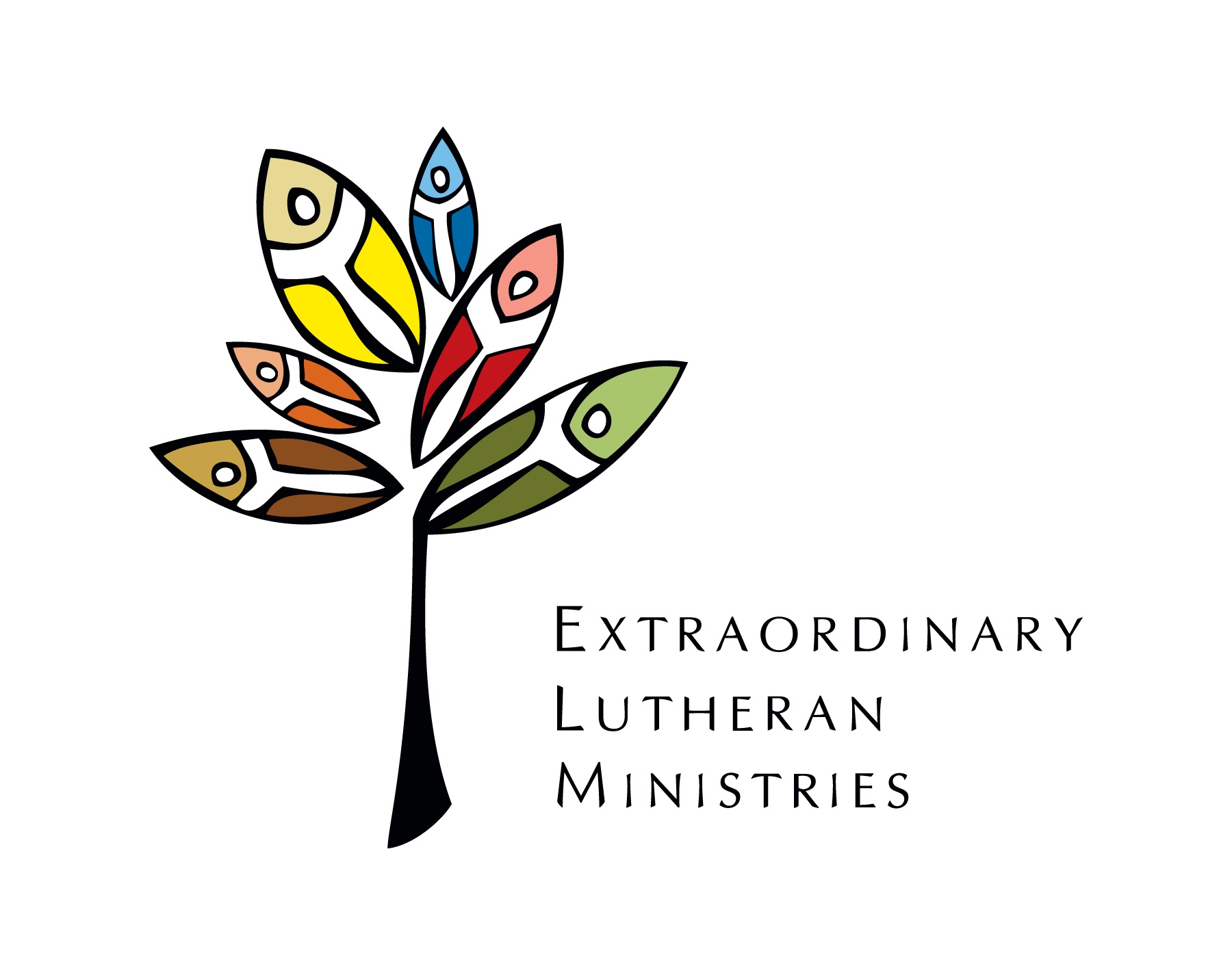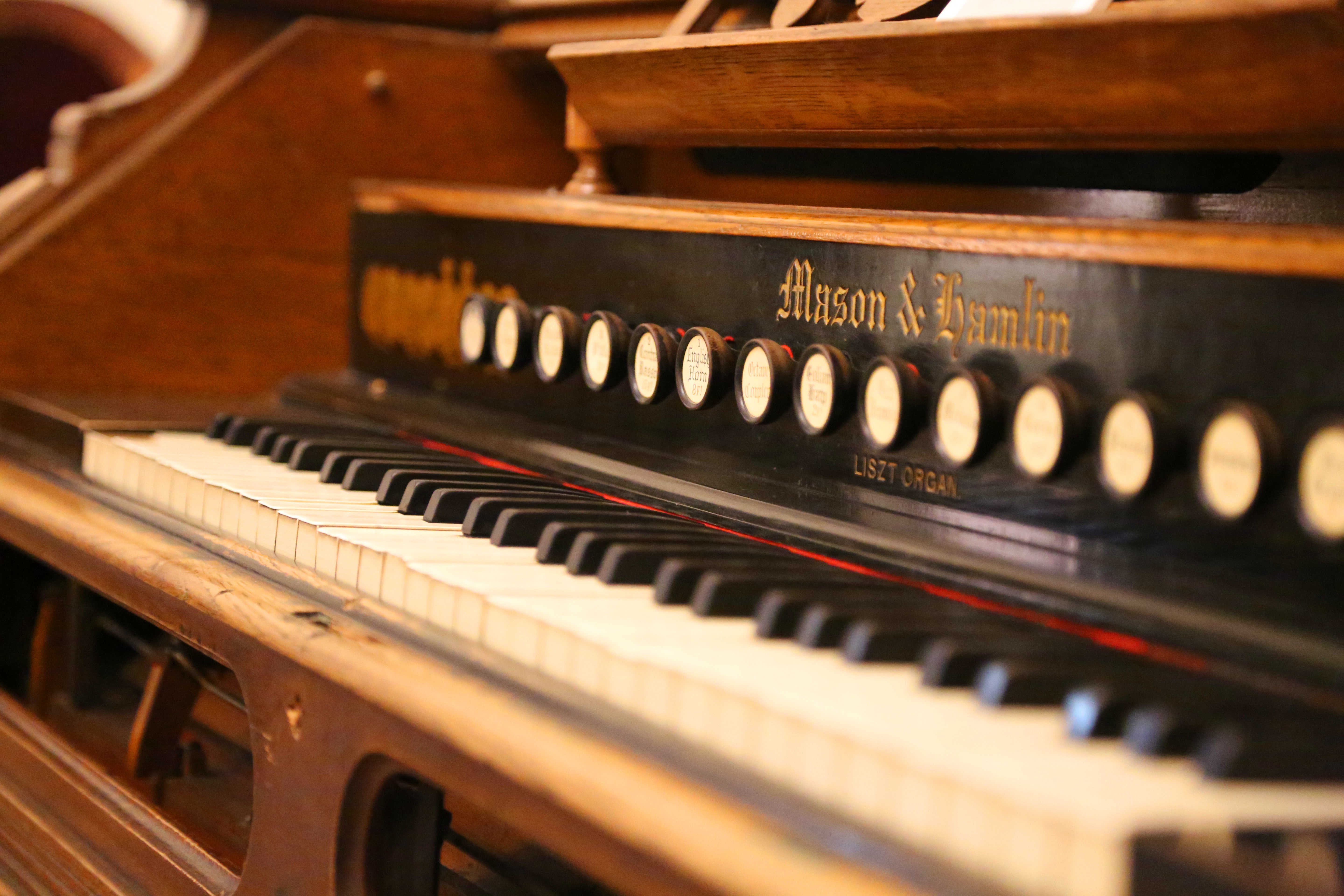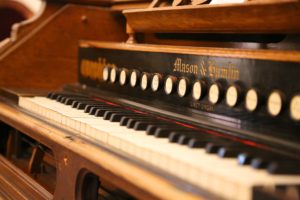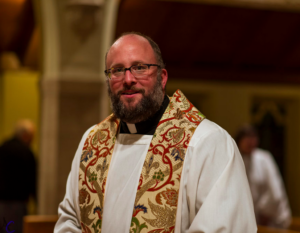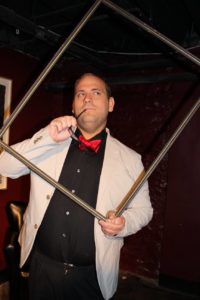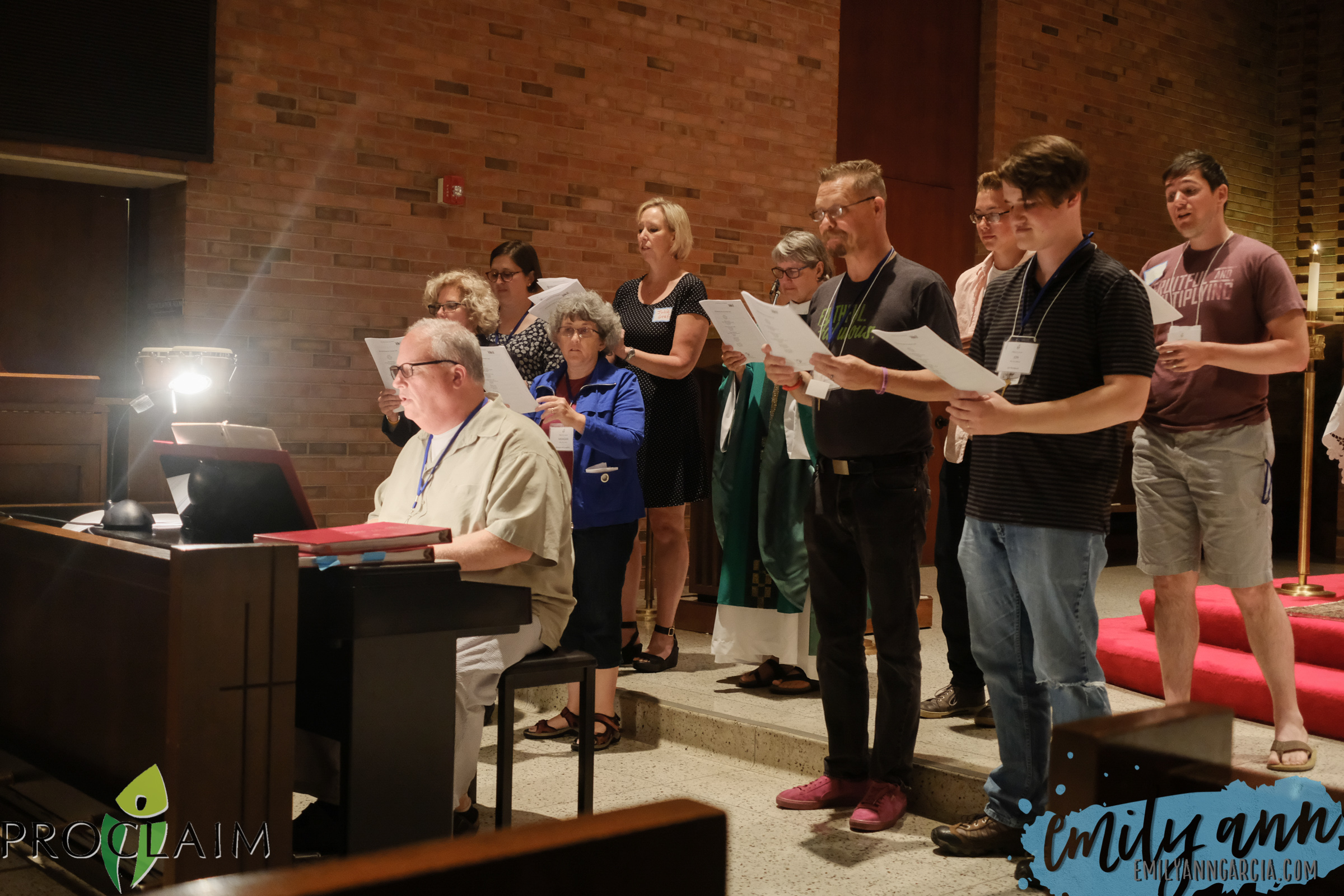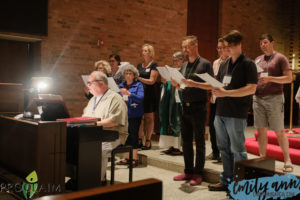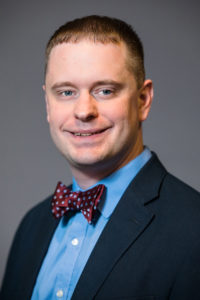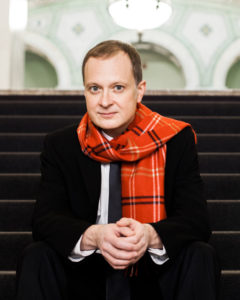ELM Statement Concerning United Lutheran Seminary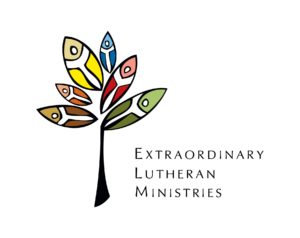
Extraordinary Lutheran Ministries was deeply saddened to hear that the Rev. Dr. Theresa Latini, President of United Lutheran Seminary, previously served as the director of One by One, an anti-LGBTQIA+ organization that promotes conversion therapy as a solution for people “in conflict with their sexuality;” and, that Dr. Latini – in her previously published writings – described herself as someone who had struggled with a “homosexual orientation” but through prayer and one-on-one counseling was able to change her orientation.
Extraordinary Lutheran Ministries believes the public witness of gender and sexual minority ministers transforms the church and enriches the world. By living into the fullest expression of their identities, LGBTQIA+ leaders model God’s liberating love for all and boldly proclaim the goodness of their being – so beautifully captured in the words of the Psalmist: “I praise you, for I am fearfully and wonderfully made” (Psalm 139: 14a).
Organizations like One by One and the horrific practices of reparative and conversion therapy are the antithesis of the Psalmist’s beautiful lyric, not to mention the gospel of Jesus Christ. Rather, these practices and organizations promote self-hatred and the systemic oppression and repression of LGBTQIA+ people; they mentally and physically abuse children and youth; and, they cause spiritual, emotional, and physical death.
Rather than boldly stating her past and joyfully celebrating her identity and transformation of heart, Dr. Latini chose not to share the fullness of her story to the ULS Board during the hiring process. Tragically, once informed, the Board also chose not to make an announcement in the interest of full transparency. The mismanagement and secrecy surrounding these events has instilled fear and mistrust in the LGBTQIA+ community towards the seminary and its leaders.
Because, unfortunately, time and again, gender and sexual minorities have been lured into the halls and sanctuaries of our churches with promises of “all are welcome” only to be faced with heteronormative biases, un-checked prejudice, and statements like “love the sinner, hate the sin.”
Extraordinary Lutheran Ministries condemns and abhors the assumption that gender and sexual identities are sinful, wrong, or need to be changed in any way. We lament Dr. Latini’s history with an anti-LGBTQIA+ organization, and mourn her perceived need to hide her personal story of identity. We grieve our church’s inclination towards institutional preservation over the honoring of God’s beloved children.
Likewise, ELM is deeply saddened and troubled by the entanglement of ELM Board Member, the Rev. Dr. Elise Brown, who has served on ELM’s board faithfully and honorably for the past six years. Dr. Brown is also the Chairperson of United Lutheran Seminary’s Board of Trustees. ELM’s Board of Directors under the leadership of our Co-Chairs, the Rev. Matthew James and Emily Ann Garcia, are engaging in discernment and conversation regarding Elise’s role on our Board.
Extraordinary Lutheran Ministries believes that we are called to respond to God’s love and call to justice by listening deeply, publicly claiming our identities, working collaboratively, acting transparently, and speaking truthfully. We covenant to live into these practices with all those who desire truth, trust, and justice.
ELM dreams of a Church in which gender and sexual minorities do not need to question whether they are welcome wholly as they are – in our congregations, at our seminaries, or in our pulpits. Our lived experiences remind us daily that we are not there yet. While we are on the journey, ELM will continue to advocate for LGBTQIA+ leaders, offer our gifts as resources to the broader community, accompany individuals and communities in the holy work of loving the “fearfully and wonderfully made” Body of Christ embodied in all its queerness, and hold each other gently when the world doesn’t live up to God’s promises.
Board of Directors
Emily Ann Garcia, Co-Chair Rev. Matthew James, Co-Chair
Dr. Margaret Moreland, Secretary Charles Horn III, Treasure
Rev. Emily E. Ewing, Rev. Brad Froslee, Rev. Jeff Johnson, Rev. Dr. Barbara Lundblad, Rev. Michael Wilker
*Rev. Dr. Elise Brown is a member of ELM’s Board but is not listed as a publisher of this statement due to her dual roles as Chair of the United Lutheran Seminary’s Board of Trustees.

